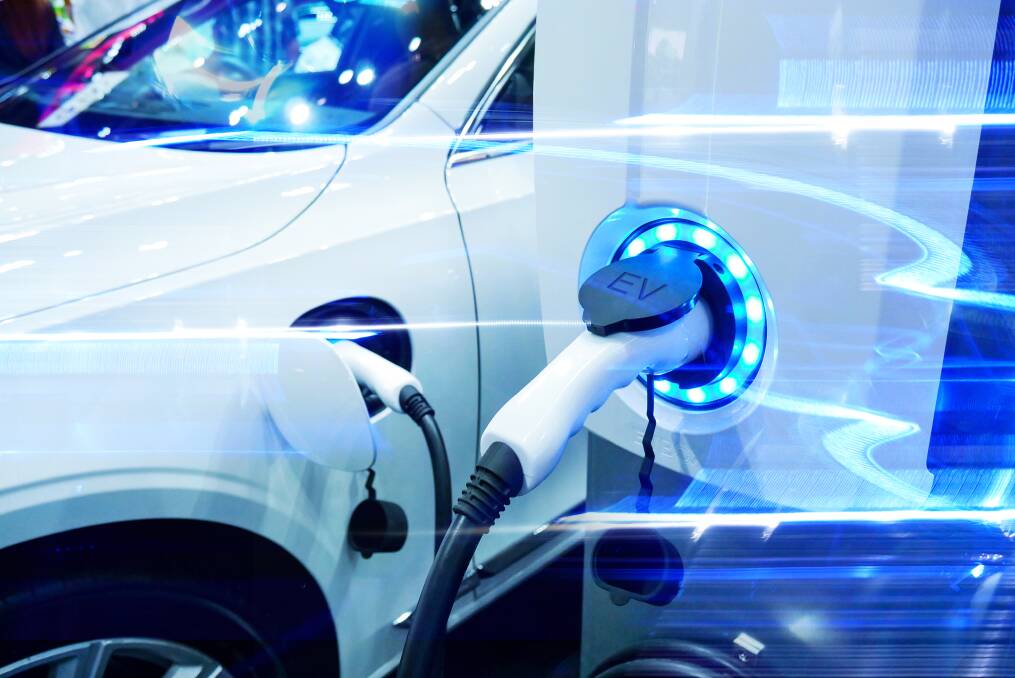
I don't pretend to have all the answers. In fact, I would just be happy to have all the questions! I do like to pose questions, though, that hopefully make you think and take at least one step towards further enlightenment.
Here is my deep question for you this week: Is it possible to feel both excitement and disappointment at the same time or are those two emotions mutually exclusive?
I heard an announcement this week that initially had me excited, then somewhat disappointed, then both at the same time.
My regular readers and podcast listeners are aware of my opinion that Australia is sadly lacking in the global equation of progression toward the new climate friendly economy. Significant evidence exists, such as our laggard approach to renewables and electric vehicles. So, as you can imagine, I was quite excited when the ACT Minister for Emissions Reduction made the announcement that new fossil-fuel powered vehicles will be banned by that government. I was a speaker at the 2022 Australian Clean Energy Summit this week when the news came through and there was a buzz in the air that the rest of the nation may finally be catching up.
It might seem that banning sales of ICEVs was a small thing to be excited about but I wasn't alone in sharing this sentiment.
It might seem that banning sales of ICEVs was a small thing to be excited about but I wasn't alone in sharing this sentiment.
But I still could not help but feel somewhat disappointed at the same time. For a start, the ban does not take place until 2035. You would be forgiven for having to quickly check the calendar to make sure you didn't skip a few years - or a decade - forward. We are still in 2022. How does that announcement stack up against the world? In a word? Poorly. In two words? Very poorly.
Antwerp, Athens and Mexico City all have bans in place starting from 2025. Many other cities have bans from 2030, including Amsterdam, Cape Town, Copenhagen, Hainan, London, Los Angeles and Oslo. In total, I found 20 major city administrations who have announced plans to ban ICEVs from 2030 or earlier. It is bad enough that New Zealand has beaten us for the cherished Bledisloe Cup every year since 2002 but even Auckland has a ban in place better than any of our cities. When you spread the net further to look at countries, you start to gain an appreciation of how far behind we are. Norway has a ban from 2025, Belgium's is 2026 and then a long list in 2030 includes Germany, Greece, Israel, Singapore and the United Kingdom. There are 12 countries with bans starting in 2031 or earlier, with another 12 starting their country-wide bans from 2035 (including China and the USA).
I actually think that the bans in some of those countries will be somewhat of a moot point. Norway, for example, sent a very clear and early message to the world about their direction. As a result, March this year saw new car sales in Norway hit 86.1 per cent for fully electric vehicles plus 5.8 per cent for plug-in hybrid electric vehicles. In contrast, Australia typically sits below two per cent market share for EVs.
As a result of this lack of government action and lack of incentives, Australia has become somewhat of a dumping ground for high-emitting vehicles. Then there is the minor issue that if NSW doesn't follow suit with a similar ban, ACT residents can simply slip over the border to buy their new ICEV and drive back home!
Tell me how you feel about this latest announcement at ask@techtalk.digital
- Mathew Dickerson is a technologist, futurist and host of the Tech Talk podcast.

